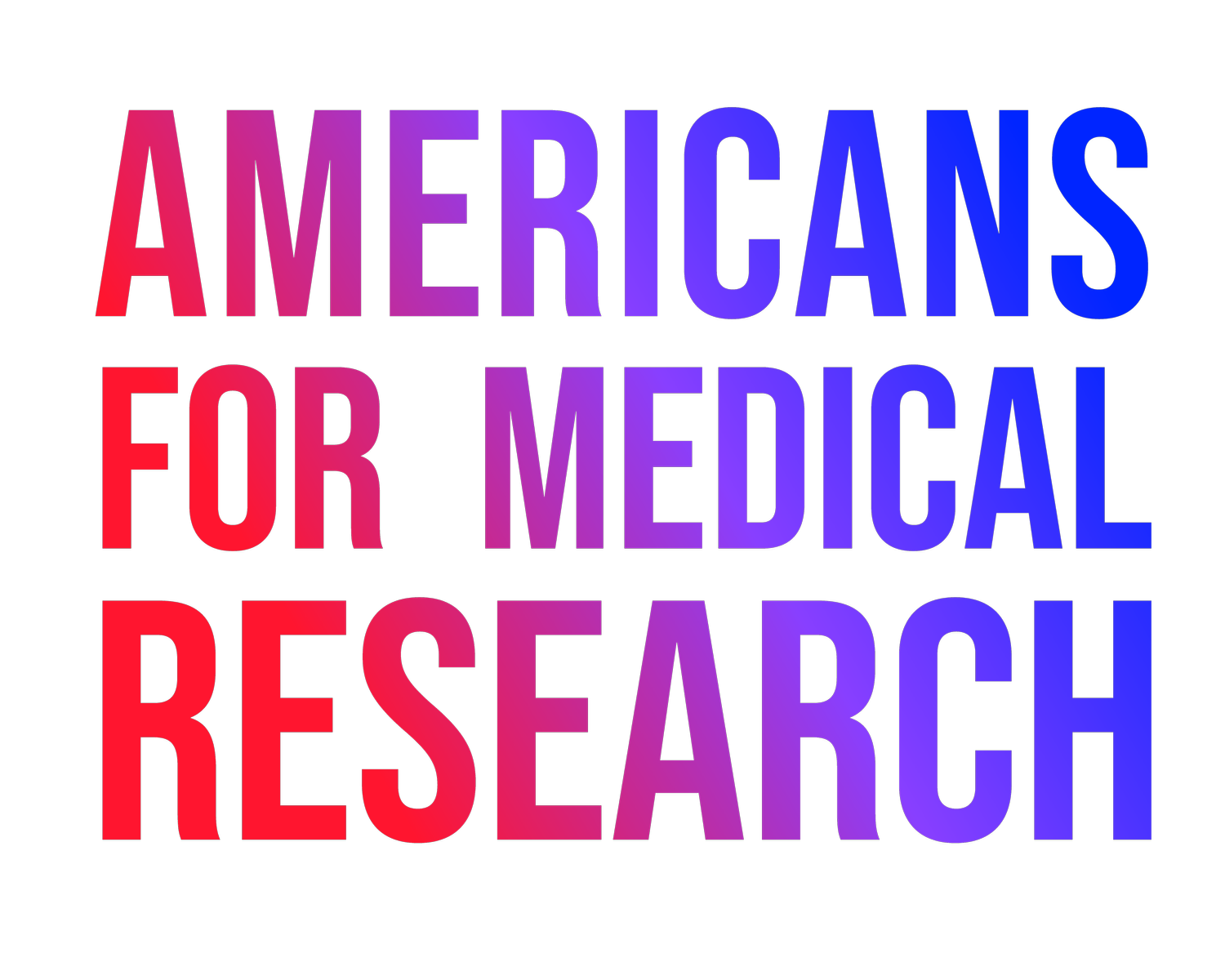Concerns rise over NIH budget cuts impact on breast cancer research, innovation
Sean Coffey | 10.20.25
Doctors, medical professionals, and members of Congress convened at Meredith College in Raleigh on Friday to address the impact of recent National Institutes of Health budget cuts on breast cancer research.
The event, hosted by Democratic Women's Caucus members Deborah Ross and Teresa Leger Fernandez of New Mexico, was in observation of Breast Cancer Awareness Month.
There is concern among participants at the "shadow hearing" about brain drain and divestment from places like the Research Triangle Park as a result of the cuts, as well as potential public health ramifications.
"We're going to lose the talent. And when you lose the talent, you lose the ability to attract other companies," Ross said.
Ross also described the cuts as "bad for business," noting that bipartisan efforts have historically supported the growth of biological research facilities and pharmaceutical advancements in North Carolina.
"This is good for the people of North Carolina, the country, and the world, and it's great for our economy," she added.
The White House has pointed to what they call a lack of accountability in NIH and research funding when describing the reasoning behind the cuts. In one executive order, President Trump added that all discretionary funding should "improve American lives and advance American interests".
Fernandez, a breast cancer survivor, said she hoped the issue wasn't a political one.
"I do not understand how anyone could make life saving care for women around breast cancer or any of the other cancers that are uniquely affecting women -- that should not be a partisan issue," she said.
For local oncologists, including Dr. Carey Anders with the Duke Cancer Institute, there are concerns about how medical innovation could be impacted long-term.
"I started my training in medical oncology in 2005, and in twenty years the number of drugs that have been FDA approved is just astronomical," Anders said. "Even in breast medical oncology, we've had several just in the past six months. So, we don't want to see that slow down."
Amid the backdrop of Breast Cancer Awareness Month, Anders said it's a moment to note the progress that's been made and how research in places like RTP and North Carolina have fueled that.
"We want to keep that momentum going, we want to keep seeing those discoveries in the laboratory, keep translating those discoveries to clinical trials and then ultimately into FDA approved agents that we can give our patients in clinic every day," she said.
